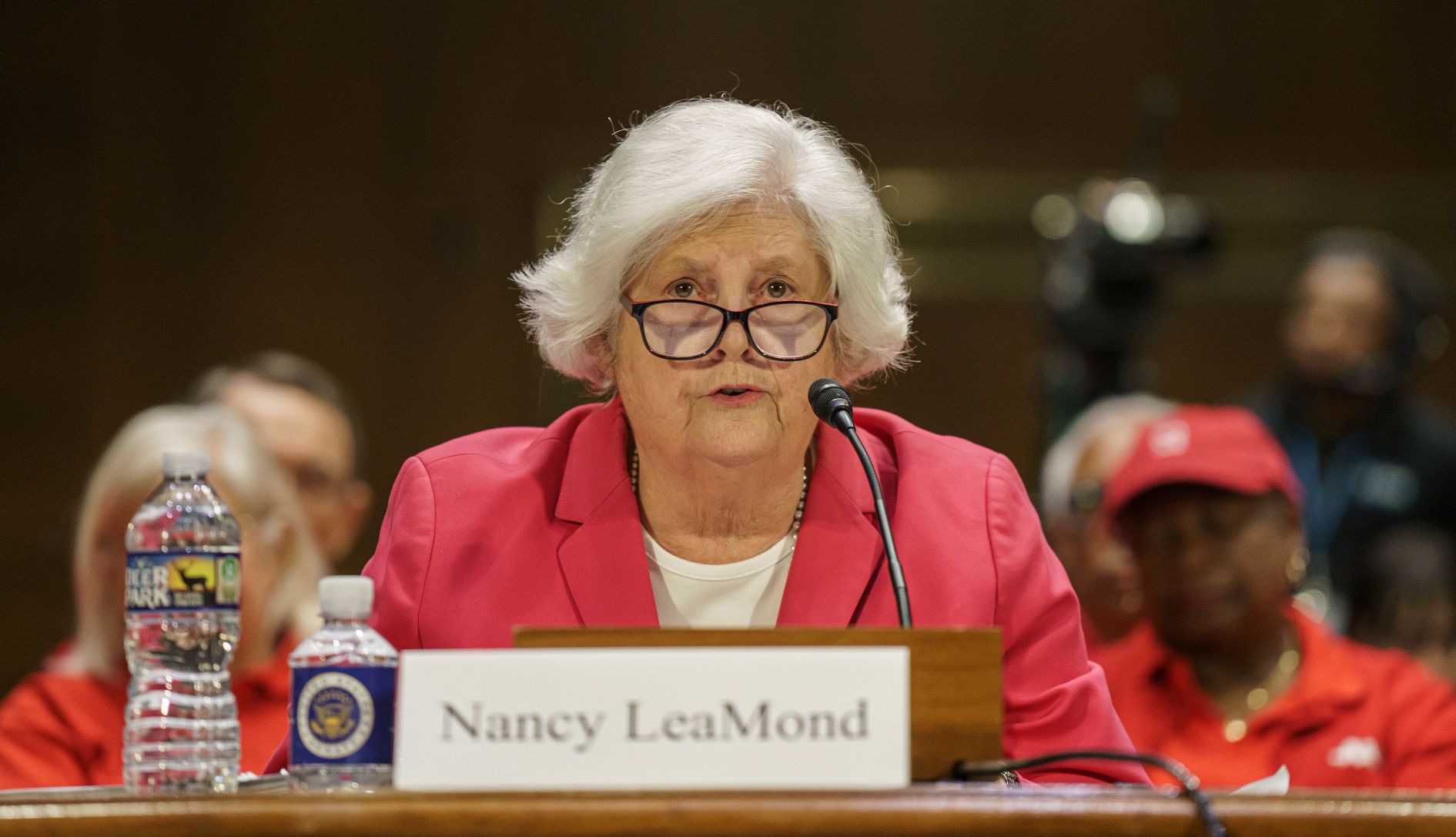AARP Hearing Center


Age discrimination in the workplace can be as blatant as an interviewer probing for an applicant’s age or as subtle as coded terms like “digital native” in job advertisements.
Older job seekers are often told they are overqualified or have too much experience, and they worry their age will count against them, Nancy LeaMond, AARP chief advocacy and engagement officer, told U.S. Senate lawmakers Sept. 3.
“Simply put, sidelining workers is a loss we cannot afford,” LeaMond said in testimony before the Senate Special Committee on Aging. The hearing was organized by ranking member Kirsten Gillibrand (D-N.Y.) to focus on age discrimination in the workplace.
About two-thirds of workers 50-plus have seen or experienced age discrimination in the workplace, according to a 2024 AARP survey. The rates are even higher for Black workers and women over 50. These snubs are damaging to older adults who want or need to stretch out their years on the job: Workers age 75 and older are the fastest-growing age group in the workforce, according to the Pew Research Center.
Join Our Fight Against Age Discrimination
- Sign up to become an AARP activist on issues important to people 50 and older, including age discrimination.
- Find out more about how we’re fighting for you every day in Congress and across the country.
- AARP is your fierce defender on the issues that matter to people 50-plus. Become a member or renew your membership today.
Age discrimination also impacts the country at large: Research conducted by AARP and the Economist Intelligence Unit found that bias against older workers cost the U.S. economy an estimated $850 billion in gross domestic product in 2018, a number that could rise to $3.9 trillion by 2050.
That’s why AARP is fighting for legislation and programs that protect older workers, ensure fair treatment and highlight the value and expertise they bring to an organization.
Rick Scott (R-Fla.), chairman of the Senate committee, echoed this sentiment during his opening remarks.
“Age discrimination is clearly wrong. It’s stupid,” he said. “Looking at someone’s age instead of the value they bring to an organization makes zero sense.”






































































More From AARP
Honoring Older Americans' Lifelong Wishes
Wish of a Lifetime fulfills dreams and honors passions
AARP and Vatican Team Up for Summit on Aging
Aging challenges addressed at Vatican summitAARP Pushes States to Crack Down on Crypto ATMs
AARP is pushing for state legislation that would provide protection